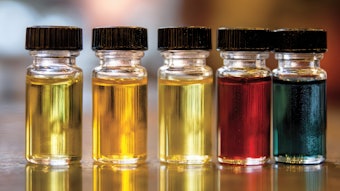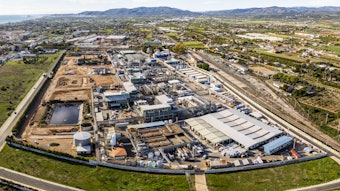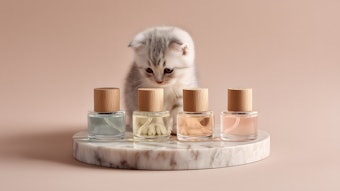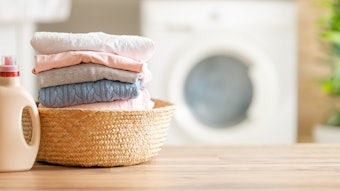The role of the perfumer at finished goods houses has gone through many changes. Years ago, most finished goods houses maintained staffs of working perfumers whose function it was to develop all manner of fragrances for the company. In most cases where they did not possess the manufacturing capabilities of actually blending the fragrance oils, the formulations created by their in-house perfumers were tolled out to other companies.
As the years went on and with the expansion of essential oil houses into the fragrance field, the finished goods houses saw a huge reserve of talent that could now be utilized for the asking. Instead of one in-house perfumer working on a project, outside vendors were often asked to submit. This healthy competition worked very well with the finished goods houses getting the best quality fragrances at the best possible price. But this didn’t last.
The next step was to rely entirely on outside vendors and either cut back or totally eliminate the in-house perfumery staffs. Economic considerations, raw material knowledge, purchasing power, as well as specialized compounding, brought about this cut back. Gradually valuable in-house fragrance expertise was lost to nearly all finished goods houses.










